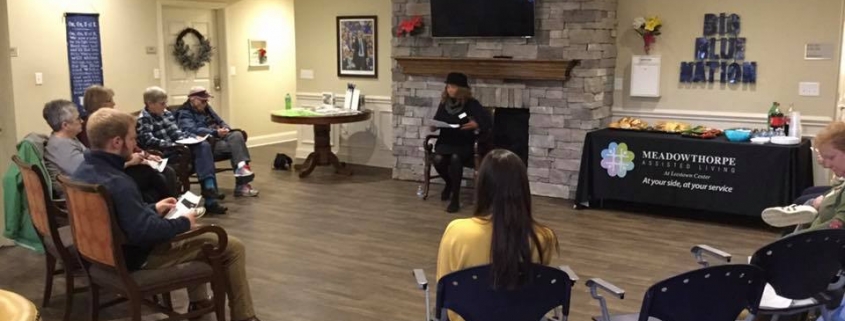Dementia Communication: “Dos & Don’ts”
Finding ways to communicate with your loved one suffering from Alzheimer’s or other forms of dementia can be difficult, frustrating, and confusing. It’s important to understand: extra steps must be taken to communicate effectively. Introducing yourself each time you interact, being mindful of your body language, and avoiding criticizing or correcting them are all great ways to improve interactions with individuals suffering from dementia.
While it’s difficult to understand the importance of introducing yourself to someone close to you, it’s crucial you do. Depending on the day, your elderly family member suffering from dementia may or may not remember who you are at that specific moment. Introducing yourself can help jog memories and set the tone for the rest of the interaction.
We all have body language habits we unknowingly display while conversing. Being mindful of these habits and correcting them is vital. If we are habitually pointing fingers, waving hands, or covering our face while talking with our loved one it will inevitably derail the conversation and cause frustration and/or distraction.
Lastly, it is tremendously important to not criticize or correct seniors with dementia during conversation. Place yourself in their shoes and try your best to understand that they fully believe what they’re saying is true. Correcting their words or stories will only create tension and weaken the relationship.
Meadowthorpe Assisted Living & Memory Care staff are trained in effective communication techniques and our doors are open to discuss any questions you may have about Alzheimer’s or other forms of dementia. Meadowthorpe Assisted Living & Memory Care in Lexington also offers the Virtual Dementia Tour. The Virtual Dementia Tour is a scientifically proven method of building a greater understanding of dementia through the use of patented sensory tools and instruction. During the Virtual Dementia Tour experience, participants meet with certified trainers who guide them through the tour and outfit them with patented components that alter their senses. Tasks and exercises that are part of the tour enable caregivers and professionals to experience for themselves the physical and mental challenges facing those with dementia.



